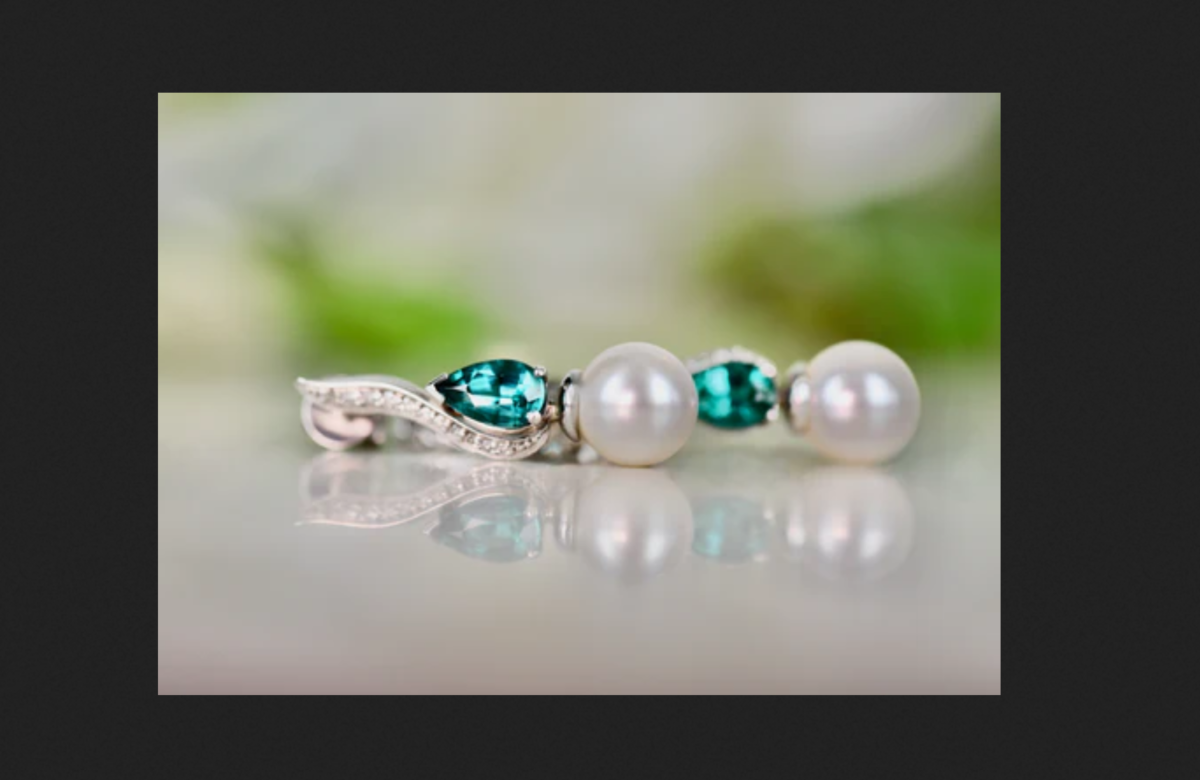
A Beginner’s Guide to Blackjack
- Casino
- July 28, 2022
- No Comment
- 389
Blackjack (sometimes called ”21”) is a straightforward game with decent odds. Its widespread appeal is mostly due to this. Although the house always has the advantage, winning a blackjack game in a live casino is easy. Here’s a beginner’s guide that explains the vocabulary, basic strategy and blackjack rules.
History
The majority of academics concur that blackjack originated from the game Twenty-One. On the other hand, there’s some ambiguity and controversy surrounding the history of Twenty-One. According to some historians, this card game originated during the Roman Empire. At the time, players didn’t use paper cards to represent numbers. Instead, they utilised pieces of wood. However, this hasn’t been sufficiently validated.
Around the turn of the century, Twenty-One may have been played in French casinos. Vingt-et-Un, the French equivalent of Twenty-one, served as the foundation for the number 21. This game combines elements of the well-liked variations Chemin de fer and Veintiuna.
The Basics
A 52-card deck is used for blackjack. The dealer will give themself two cards once the players have put their wagers. The dealer’s cards alternate between face up and face down. A “hole card” is the term for the face-down card.
The player on the left of the dealer is the first to play. There are several possibilities available from there. A player’s hand can “stand,” which essentially means that nothing happens.
The ability to “hit” allows a player to draw another card. The player “busts” and loses if the card or cards raise their hand total above 21. The dealer then displays their “hole card” after each player has had a turn.
The dealer must continue to deal cards until they reach a minimum of 17. Any player who doesn’t “bust” (go over a score of 21) wins when the dealer “busts.” If the dealer doesn’t bust, whoever has the greatest hand point value is the winner.
Card Values and Scoring
The total of the card values determines the value of a player’s hand. A perfect 21 score of an ace plus a card with 10 is known as a “blackjack.” The value of a card is the only factor in blackjack, one of the simpler casino card games. Only in certain circumstances and with specific types of blackjack does suit type matter.
This is how cards are valued and scored:
- Ace is worth either one or 11 points.
- Cards with faces are worth 10 points.
- The value of the other cards is expressed in points – for example, a two is worth two points.
Insurance
If the dealer’s face-up card is an ace. They’ll allow you to take “insurance” as a side wager that pays two to one if the dealer is dealt a card worth 10 points for the “hole card.” If a player at your table has blackjack or has placed an insurance bet, they can still win the round even if the dealer does have a blackjack.
Double or Split
The “doubling” of a bet allows a player to receive just one additional card. Alternatively, you can also “split” your dealt cards. This implies that a player may double their wager and divide the cards they were dealt into two separate hands if they have a pair (two of the same number) or two cards worth 10 points each.
Each of the two split hands gets dealt new cards from the dealer. The player may then continue using their hands as described above in the normal gameplay basics.
Surrender
Giving up half of your bet and quitting a round is known as surrendering. Casinos seldom let you surrender before the dealer deals his hand. The so-called late surrender, which gives you the chance to withdraw after the dealer checks his cards, is a considerably more popular choice.
Tips for a Successful Round
You ought to adhere to several fundamental guidelines if you want to be successful. You can significantly reduce the casino’s edge by adhering to these principles. They’re rather simple to understand or even work out for yourself:
- Always stand if the dealer has a hand of two to six and you have a hand of 12 to 16.
- You should hit if the dealer holds a seven and Ace and your hand is 12 to 16.
- Always split eights and Aces.
- 11 should always be doubled.
House Edge
Of all the games, blackjack has one of the smallest house advantages. If you follow the right strategies, you may get an edge of just 0.5%. Other games, like slots, are preprogrammed to operate with a 15% edge. It’s a little bit different from blackjack. It’ll take longer for you to declare bankruptcy because the edge is low. Additionally, you have a better chance of winning.
The Easiest Card Game
Even if you’re a complete newbie, blackjack is the easiest card game to play for various reasons. Other card games have a far worse house edge. One of the rare games where participants have considerable influence over the result is blackjack.
When playing slots, you insert your money and wait impassively to see whether you have won. Every time you play a hand of blackjack, you make choices that either boost or reduce your chances of winning. It has the greatest odds in the casino, is simple to understand and is enjoyable to play.









